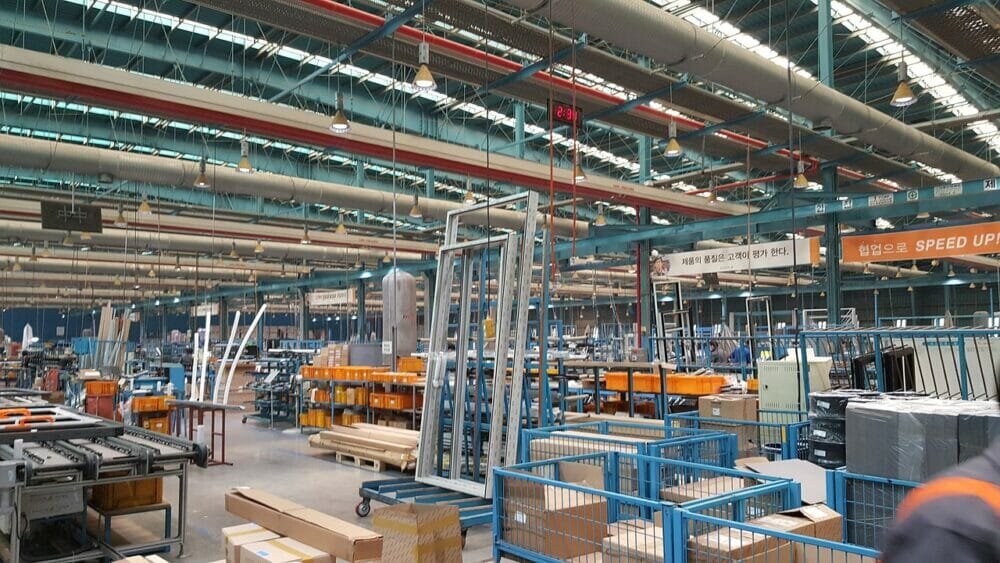It is vital to check your machinery constantly whether it is being used or not. A period of no use is the perfect time to check your machinery for any signs of damage and wear that you may need to address. It’s important to do this as part-failures can lead to equipment problems, which may be detrimental to your business.
Whether you deal with hydraulic or pneumatic machinery, they must be able to withstand a range of environments and practises such as extreme temperatures, high pressures, chemicals and contamination.
In this article, we will give you some tips on what to watch out for when reviewing your machinery and how to maintain your equipment during a period when it is not being used.
Proper fluid storage
If your machinery is in a period of no use, storing it properly can prevent future failure within its mechanics. Something you need to store in a secure way is its fuel. New fuel that may be used at some point needs to be stored in a protected area and within a clean container to avoid contamination. The fuel gets pumped through various cylinders and motors throughout the machinery. That is why you need to make sure it does not get contaminated with other liquids or outside influences, such as dirt, because it will get taken through the entire machine.
Lubrication
Lubrication is a must in the seals of the machinery due to the motion they are usually under. When examining the seals, such as the piston seals, check that lube is present. If there is none present or only a small amount, place some grease around the seal. Checking for grease is important to prolonging the life of your seal.
Leak management
Leaks within your machinery can contribute to 20 per cent of your energy costs. Make sure your company has a plan of action for leak management. Knowing how often you should check the machines, and what to do when you find a leak, will be beneficial to your business. This will help you fix these leaks in a quick and efficient manner. It is especially important to check for leaks during a period of downtime as, if the machine is in a place where other machines are still being used, pipe run is one of the most common causes of leaks. This happens when another machine hits off the pipes of the stationary machine and the pipe becomes loose.
High temperatures
If the machine has been stored somewhere that has a high temperature, the heat can cause damage to the equipment, including the seals. The heat can cause the seal to harden and degrade quickly. The material of the seal can break off when hardened, and this can then cause more contamination along the whole machinery or pipe network.
Order extra parts
When the system is going to be under a period of downtime, it may be good to order some extra parts. Look at your inventory and work out what you should order to make sure you have some spares of parts that may be needed. Cylinders and seals are some of the parts needed to fix a machine. Having this foresight means that if something is wrong when you next decide to use this machine, you will be able to fix the problem quickly and efficiently.
A good plan
Overall, when your machinery is or has been in a period of downtime, having a good plan of what to do when that machinery is going to be used again is important. This will include who needs to check the machinery and what parts of the equipment are most vital to check first. As referenced in the article earlier, having spare parts for pieces of the machine that are likely to break will make this plan more worthwhile.
Hopefully, this article has helped you understand you machines more and how you can look after them during periods of no use. Whether your machines are being used or are in storage, maintenance is important to keep them in good condition for present and future use to make sure they don’t fail.








